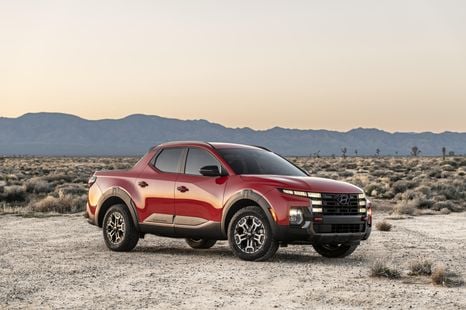

Derek Fung
Hyundai to kill off its only ute early in anticipation of something bigger - report
12 Hours Ago

News Editor
Volvo is about to go back to “real” names.
Company CEO Håkan Samuelsson told Autocar the brand’s upcoming, all-electric models won’t use alphanumeric names.
“We’re talking about a totally new architecture, a new-generation of born-electric, all-electric cars with central computing. It’s good and clear to mark that this is a new beginning, and that’s why we’re not going to have numbers and letters, an engineering type of name,” he said.
“We’re going to give them a name as you give a newborn child a name.”
Volvo is readying its all-electric XC90 successor, previewed by the Concept Recharge (below), though it has confirm what it’ll christen it.
It’s set to be revealed in 2022, with Volvo ceasing sales of internal combustion engine-powered vehicles by 2030.
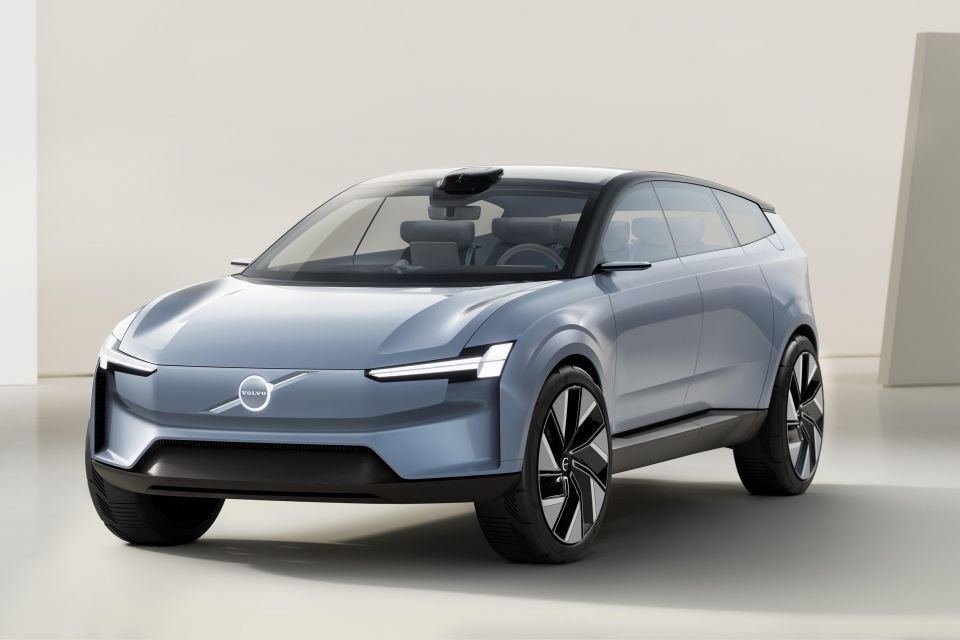
The company is also working on a new EV crossover to slot in underneath the XC40 range, which will likely use the SEA platform of parent company Geely.
Samuelsson said “it’s very likely” this model will be built in China and arrive after the XC90 replacement.
An all-electric XC60 successor is also expected in 2024.
Volvo’s shift away from its current naming structure may also be because of the different shapes possible with EVs.
“Then there will be more cars to follow, and we should start thinking new body shapes: it’s not just sedans, wagons and SUVs,” said Samuelsson.
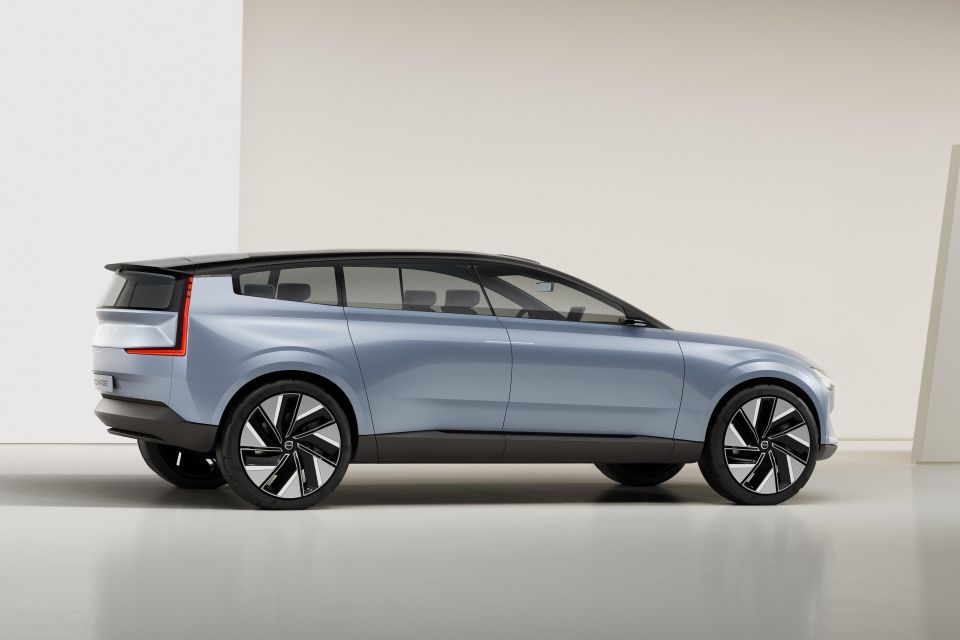
“Electrification will also change the shape of cars. They need to be more aerodynamic, and we will surprise people a bit there in the future.”
In addition to shifting to an all-electric platform, the upcoming XC90 replacement will receive a significant upgrade in safety technology.
It’ll debut a LiDAR sensor backed by an “autonomous driving computer” from gaming giant NVIDIA, with over-the-air updates throughout its life.
Rather than warning drivers about upcoming dangers, Volvo says its next-generation safety systems will be more proactive by working to “assist and improve the capabilities of a human driver”.
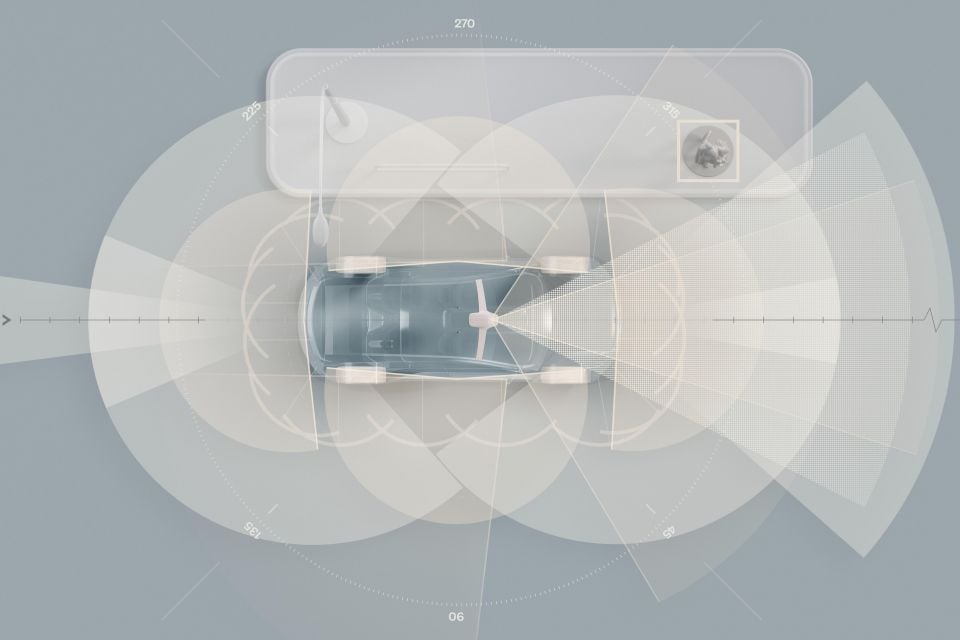
The LiDAR will be backed up by sensors to make Volvo cars capable of properly autonomous, unsupervised driving when regulations allow it.
Volvo has teamed up with Swedish battery manufacturer Northvolt for its next-generation batteries.
In the short term, it’s planning to build its cars on a skateboard-style chassis to free up more interior space and allow its designers more freedom. The next-gen XC90 SUV built on the platform will have bi-directional charging.
Later in the current decade, it’s targeting up to 1000km of range from its cars.
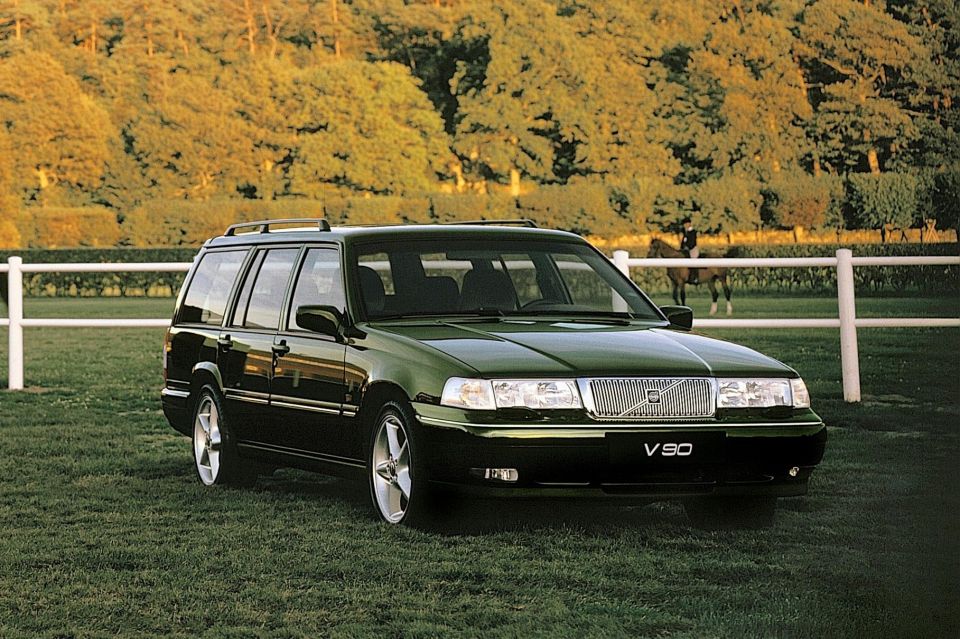
With the company ceasing sales of internal combustion engine-powered vehicles by 2030, it’ll therefore end the use of its current naming structure it first introduced in 1996.
Volvo renamed its 850 and 960 models to become the S70/V70 and S90/V90, respectively.
The company uses the S prefix for sedans, V for wagons, C for hatchback, coupes and convertibles, and XC for SUVs. The corresponding two digits indicate the position of the vehicle in its lineup.
Switching to names avoids the confusion afflicting brands like Mercedes-Benz and Volkswagen.
For example, the Volkswagen ID.3 and a Mercedes-Benz EQS are both cars, while the Volkswagen ID.4 and Mercedes-Benz EQA are crossovers.
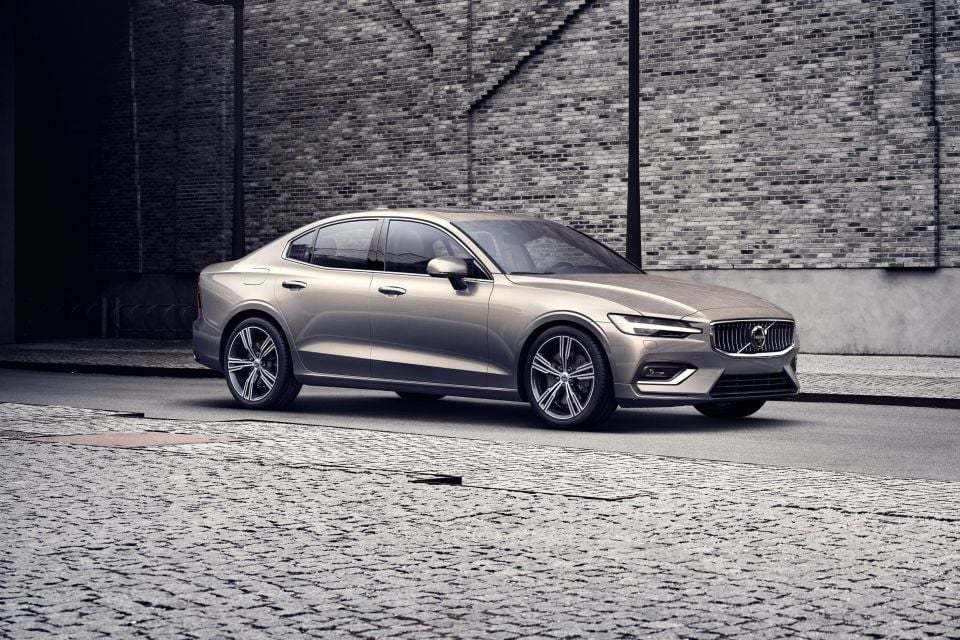
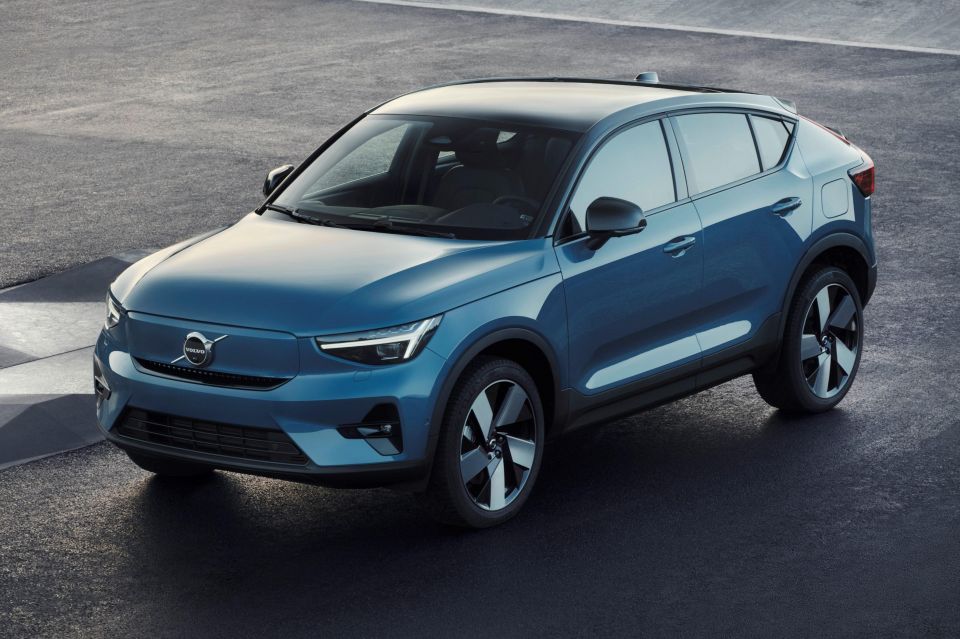
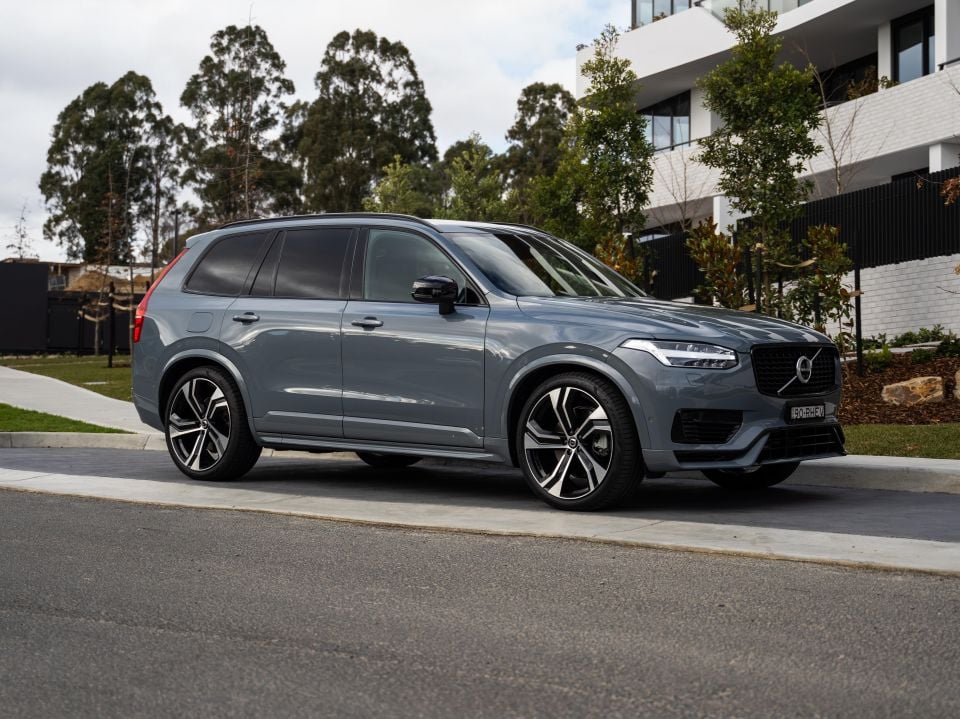
This means there isn’t a clear delineation between cars and SUVs, while Mercedes-Benz will call its upcoming flagship EVs the “EQS” and “EQS SUV” to separate them and avoid alphabet soup names like “EQGLS”.
Volvo last used non-alphanumeric names in the 1960s with its Duett and Amazon, before switching to numerical designations and later alphanumerics like numerous other European automakers.
It’s not the only premium brand to ditch alphanumeric designations in recent years.
Ford’s luxury brand Lincoln recently discarded the last of its confusing MK-based naming structure with the axing of the MKZ. The range now comprises the Corsair, Aviator, Nautilus and Navigator.
Where expert car reviews meet expert car buying – CarExpert gives you trusted advice, personalised service and real savings on your next new car.
William Stopford is an automotive journalist with a passion for mainstream cars, automotive history and overseas auto markets.


Derek Fung
12 Hours Ago
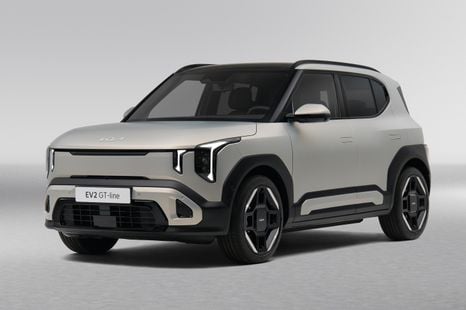

James Wong
13 Hours Ago
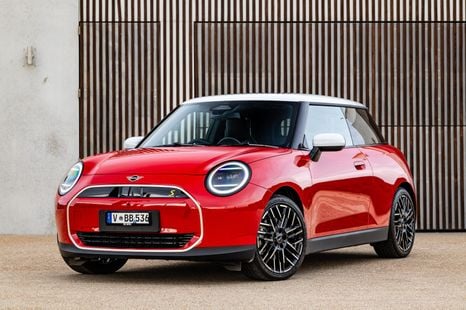

Max Davies
13 Hours Ago
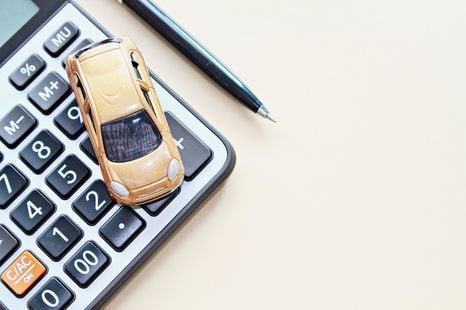

Ben Zachariah
14 Hours Ago
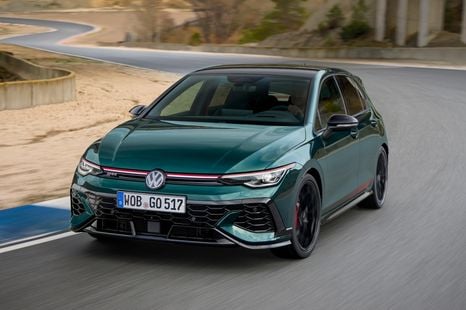

Shane O'Donoghue
21 Hours Ago
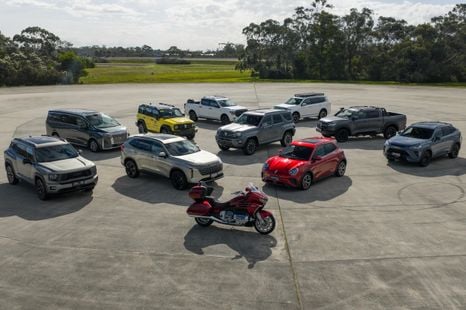

Damion Smy
1 Day Ago